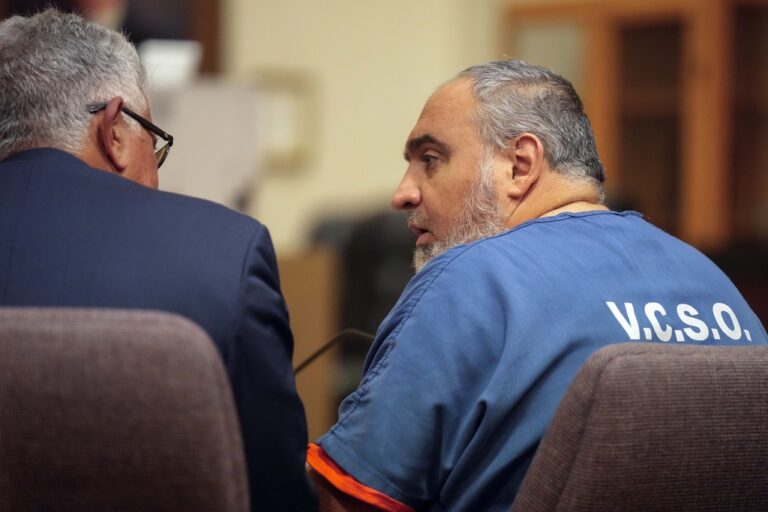By Monet Binder, Esq.
It is so important to know what to look for in aging parents, to make sure parents are protected, and how to speak to them about very sensitive subjects, including long-term care planning. Many of the inquiries I receive about Medicaid and long-term care planning come from children, who struggle with having to stretch themselves between caring for their parents, while also taking care of their own family.
This article is meant to give you some thoughts to keep in mind to properly plan in advance for parents.
Be Ready For Unplanned Life Events – Have A Power Of Attorney (POA) For Financial Matters
One crucial document, for everyone over the age of 18, is a Power of Attorney. A Power of Attorney is a legal document giving one person the power to act for another person. The person giving this authority can grant a broad legal authority, or limited authority, to make legal decisions and act on behalf of the person giving the authority. This is especially important for seniors doing their Medicaid planning. I have seen instances where children want to do Medicaid planning for a parent, but cannot easily reallocate assets, removing them from the estate, to qualify. Considering the government can look back to any transfers for a five-year period, losing time in transferring the assets could cost the estate dearly. I have also seen situations where a parent loses mental capacity during the planning process, hindering their ability to complete the process. A valid power of attorney, prepared by an Elder Law Attorney, can give children (and parents) necessary tools to take care of parent’s finances, get them the proper care and protect their assets, in the event they lose mental or physical capacity.
Plan To Meet Medicaid Eligibility Requirements To Protect Your Parent’s Assets
If your parent(s) need nursing home or home health care, Medicaid determines whether they are eligible, based on financial income and assets – it’s a means-tested program. So, for your parents to qualify for the Medicaid program, in New York, essentially, they need to be financially impoverished. If they are single, they can keep assets up to $15,750 ($23,100 if they are married) and still be eligible (as of 2020). As for their income, they can make up to $875/month, if they are single and up to $1,284/month if they are married.
If they have resources above those limits and have not done advanced planning, they may need to “spend down” their assets. This means they will be required to deplete most of what they own to pay for nursing home or home health care until they reach the poverty-level resource limits – in order for Medicaid to begin coverage. If you plan far enough in advance, with the right counseling-based Elder Law Attorney, your parents won’t have to worry about spending down their assets.
What Kind Of Planning Can We Do To Get My Parents Ready?
Since the government can look-back for a period of 5 years to see if your parents transferred assets out of their estate, it is best to do the legal planning before that period. Since we don’t know when and if our parents will need nursing home care, it is important to plan as soon as possible. One of the best planning tools we can use is an Irrevocable Living Trust, which can remove assets from their estate, but preserve them for the future. When working with an Elder Law Attorney, you can create this type of Trust in a way that works best for your parents and your family.
It’s extremely important to do a full analysis of your parent’s and family’s unique situation and needs. While the information in this article can help you toward that end, it is only a small sample of the many aspects of planning that can and needs to be done.
Monet Binder, Esq., serves Queens, Brooklyn and Long Island, dedicated to protecting families, their legacies, and values. All halachic documents are approved by the Bais Havaad Halacha Center in Lakewood, under the direction of Rabbi Dovid Grossman and the guidance of Harav Shmuel Kaminetsky, shlita, as well as other leading halachic authorities. To learn more about how a power of attorney can help you, you can send her an email at [email protected] or call 718-514-7575.
The information in this article is intended solely for your information. It does not constitute legal advice, and it should not be relied on without a discussion of your specific situation with an attorney.











